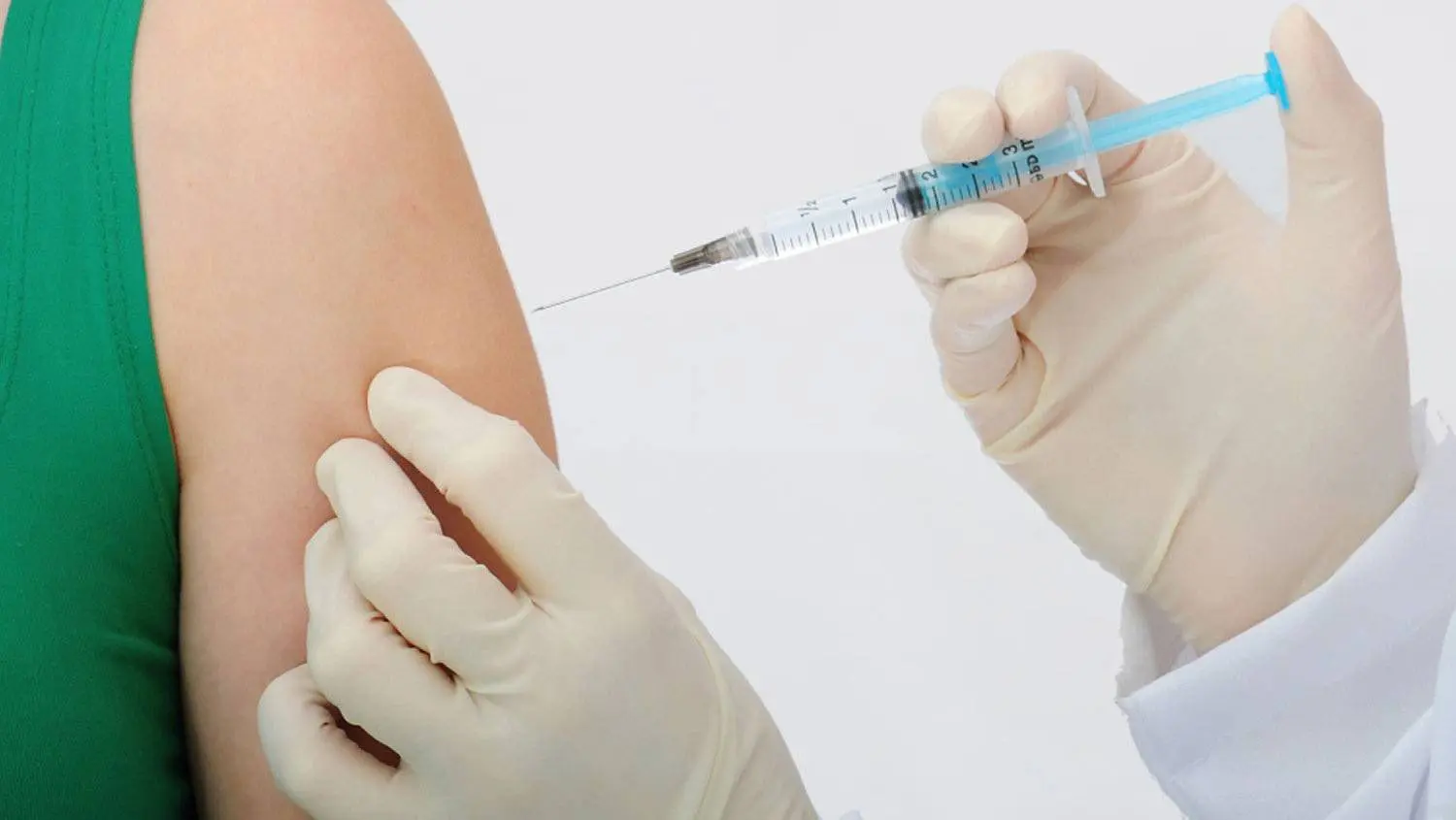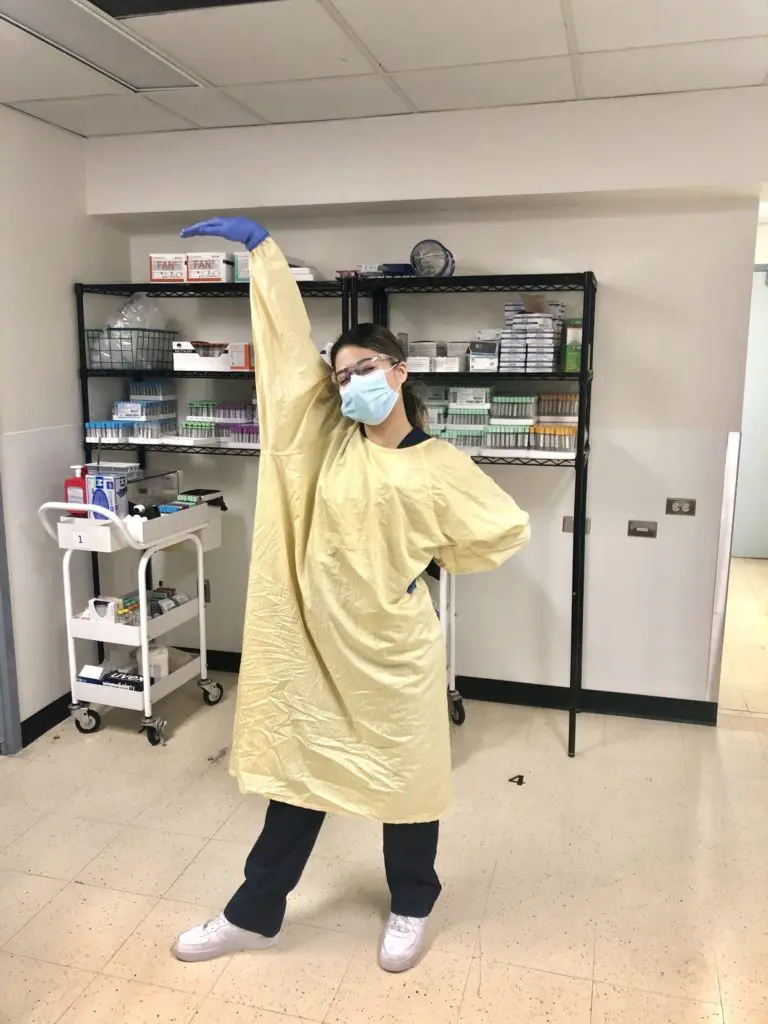Students taking Nursing courses, enrolled in an online Nursing program, or pursuing Medical Laboratory Assistant training should understand a thing or two about patient fear of needles. Routine procedures like taking blood can be completely derailed by terrified children – and adults – so it’s important for healthcare professionals to develop effective strategies for soothing those needle-anxious patients.

Needle Phobia is a Legitimate Condition
The first step is accepting that needle phobia exists and is a very real phenomenon. Sure, very few of us actually enjoy needles, but intense fear of injections presents differently than general aversion. Some children and adults, roughly 10% of the population, are profoundly afraid of needles, even to the point of fainting – and just mentioning the procedure can cause an intense reaction.
Some people who suffer from needle phobia simply don’t show up for important inoculations like the flu shot. In some cases, they avoid clinics and hospitals altogether. Some parents will avoid bringing their children in for check-ups because of a previous experience where the little one caused a scene out of needle fear.
Health care professionals know that avoiding vaccines and important medical procedures out of fear can lead to serious health problems, and that coping with needle anxiety is priority number one for keeping patients on track with preventative treatments.
Helping Children Cope with Mild to Moderate Needle-Anxiety
When it comes to children who may fear needles but haven’t yet developed a full-fledged phobia. Health care professionals can try these techniques (as well as share them with parents):
- Distraction: Divert the child’s attention while the shot is being administered. Encourage deep breathing, ask questions about their favorite things, sing a song, etc.
- Validation: This is more for parents, but medical professionals should be aware that it’s important to let the child know that their fear is real and nothing to be ashamed of. This helps reduce anxiety and make injections more manageable.
- Honesty: Never tell a child that there won’t be any shots administered during a checkup unless you are 100% sure that this is the case. Also, never assure a child that a needle “won’t hurt at all,” because this is simply not true. It’s better to be upfront about the “pinch” or “sting” in order to build trust and reduce anxiety.
Strategies for Needle-Phobic Adults and Children
When someone is truly afraid of needles, all hope is not lost. There are still solutions that can prevent patients from avoiding the medical care they need. These include:
- Creams: Topical creams can serve as anesthetics which block the sensation of needle pain. One of the most common creams used in the treatment of needle phobia is the Synera patch (or Rapydan patch in Europe).
- The Buzzy: Originally developed by a pediatrician, the Buzzy is a personal pain relief device that overwhelms the body’s nerves with a cold sensation and buzzing so the user doesn’t feel the pain of the needle. There is now a version for adults, and a new one for kids that looks like a bee and includes distraction cards.
- Therapy: Some experts argue that therapy alone cannot cure the most extreme needle phobias, but it can certainly be helpful as part of an overall strategy.
Do you, or someone you know, have a fear of needles? What strategies are used to reduce anxiety? Let us know in the comments.










